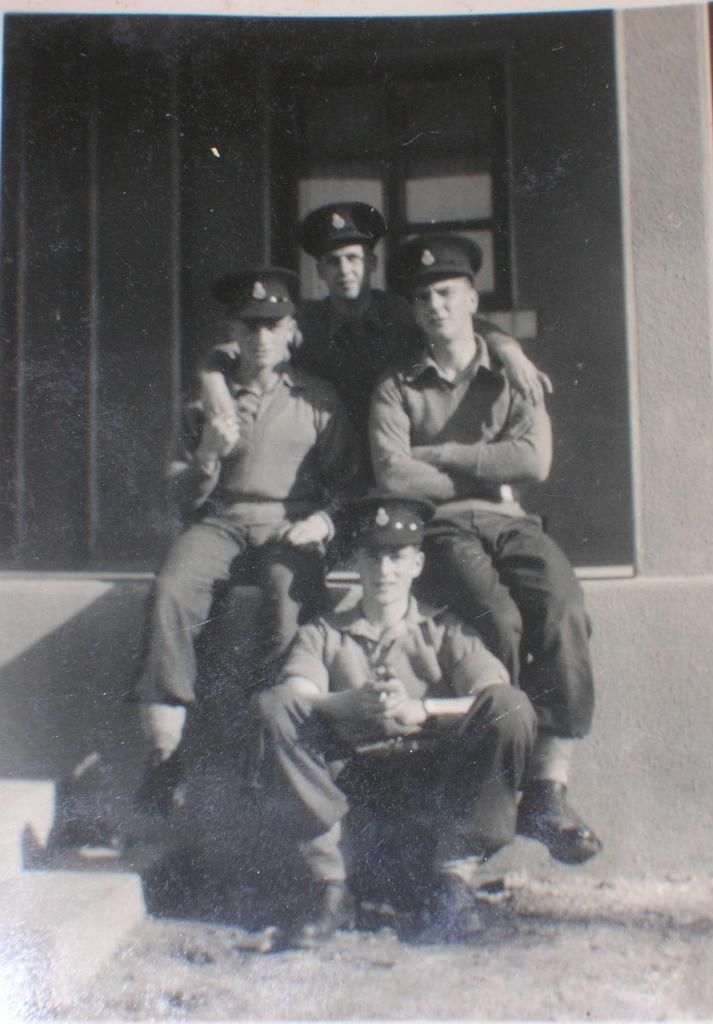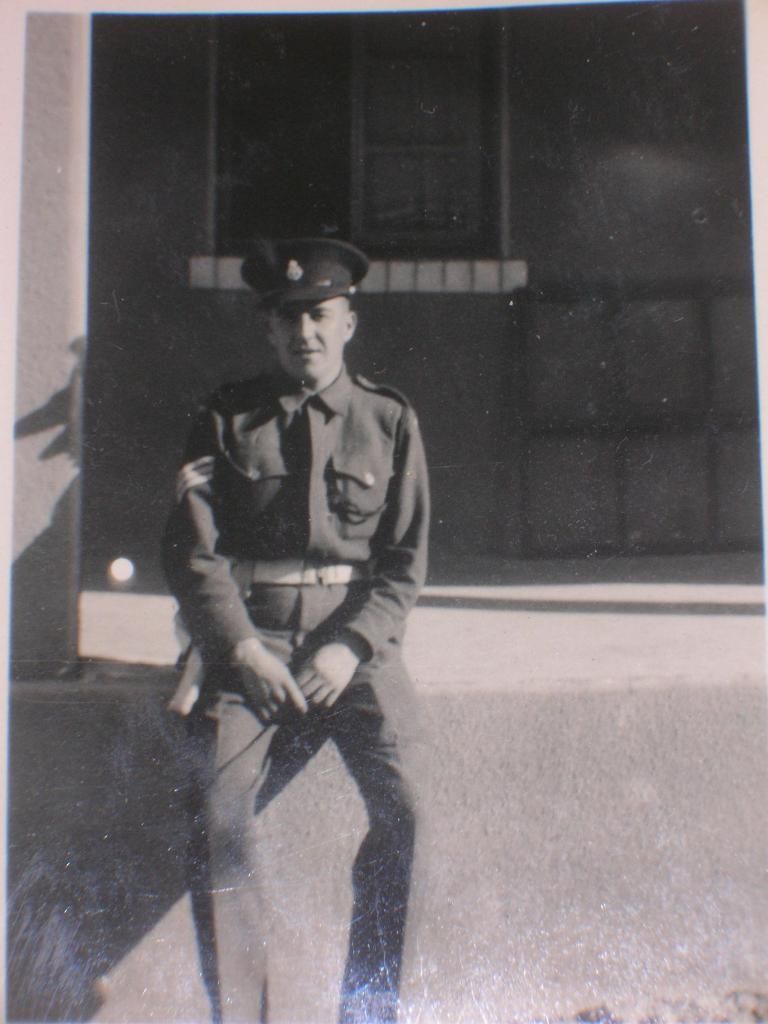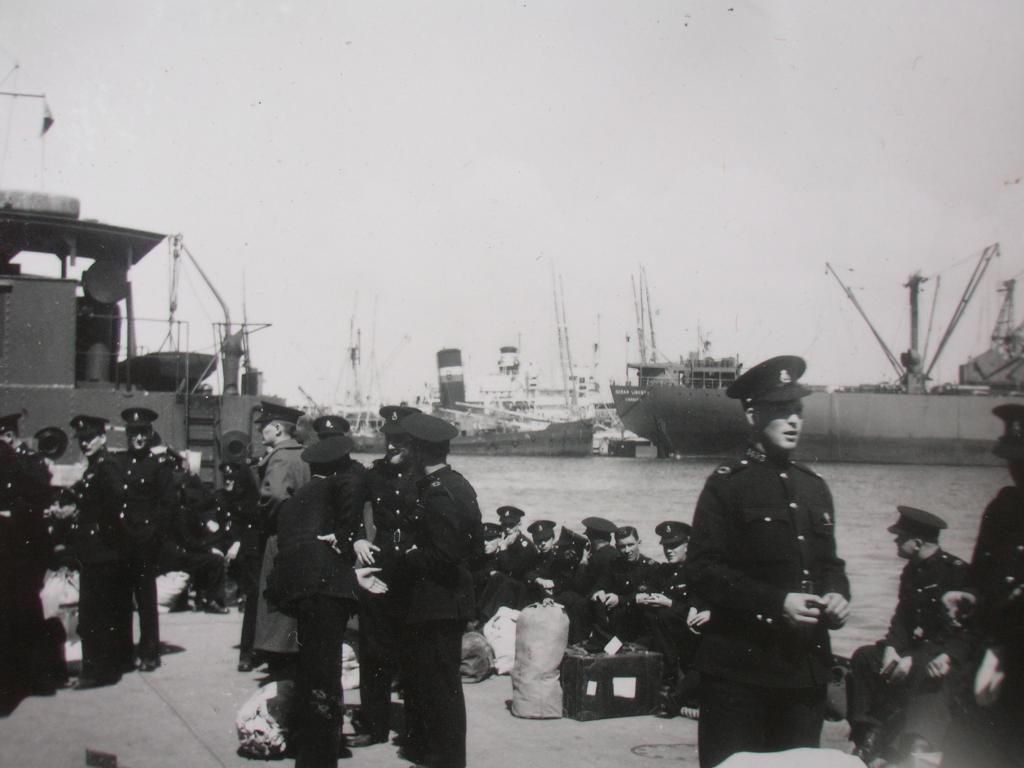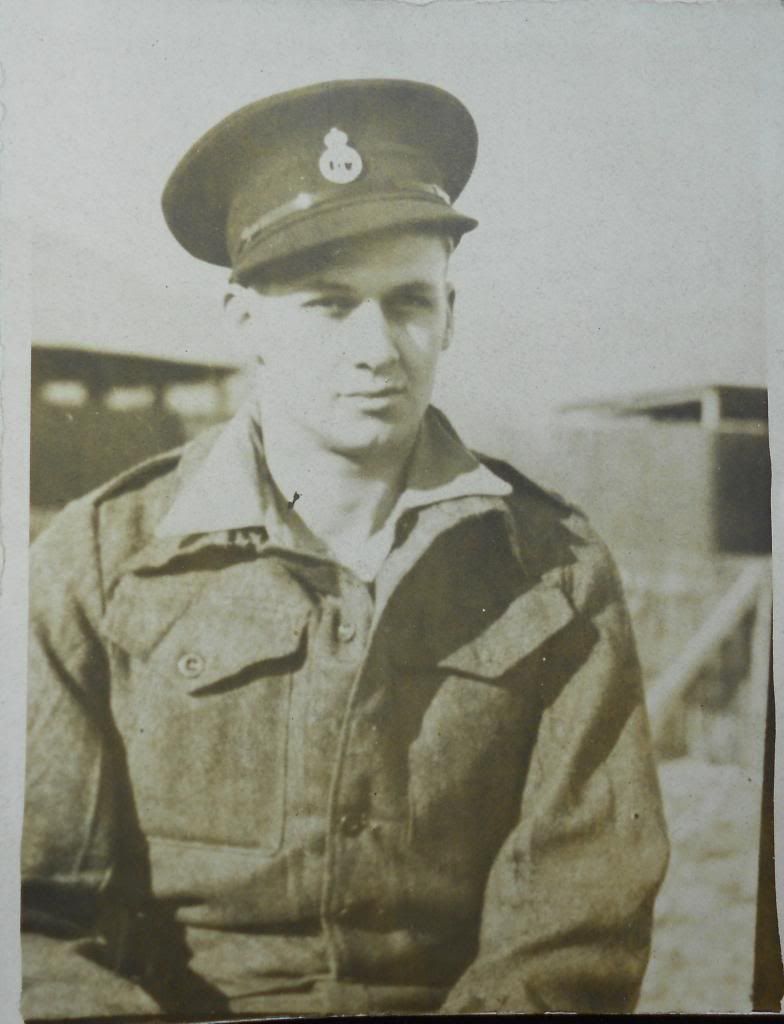It started raining during the night & the camp was as good
as flooded when we awoke this morning.
Fortunately, the larger of the rocks used in marking the roadway were
still above water so we kept fairly dry of foot when we went to the dining hall
for our breakfast. It has rained and
hailed periodically all day. No parade,
work in barracks.
Heard officially of last night’s disturbances in Haifa
Letter from home.
[1] T.A.C. were Temporary Additional Constables drawn from the Jewish community
[2] I refer the reader to my discussion of racist language in the first post of this blog
[2] I refer the reader to my discussion of racist language in the first post of this blog

.JPG)
.JPG)
.JPG)









.jpg)





























